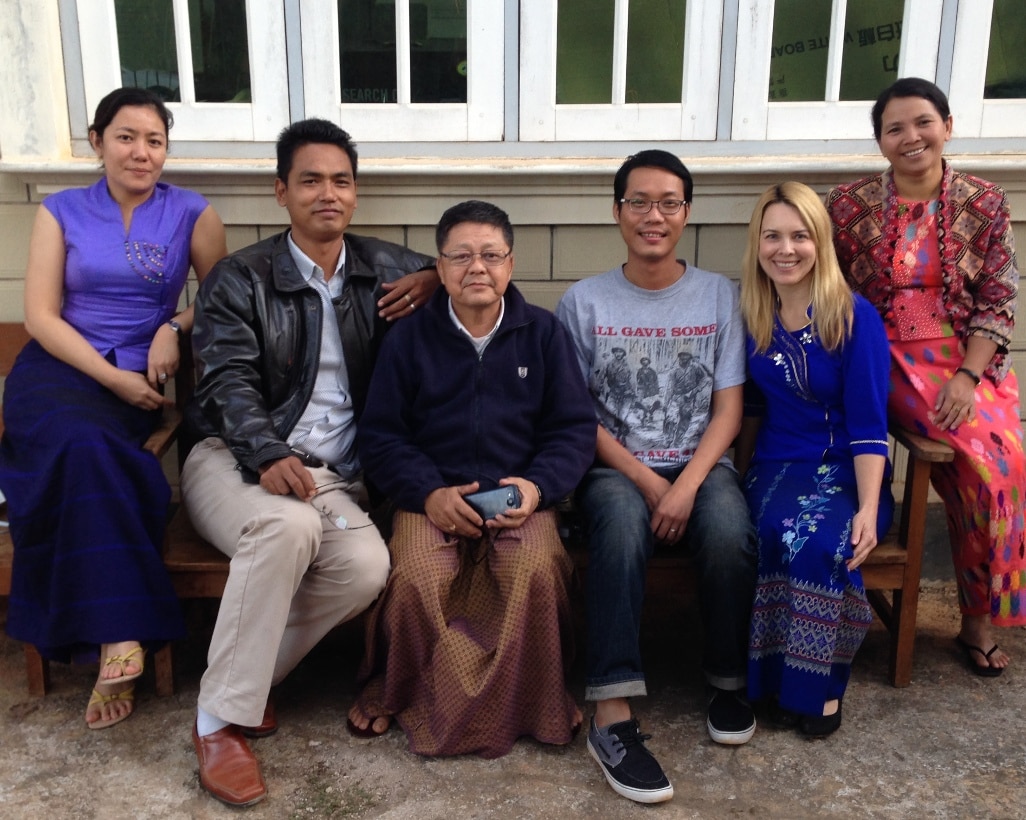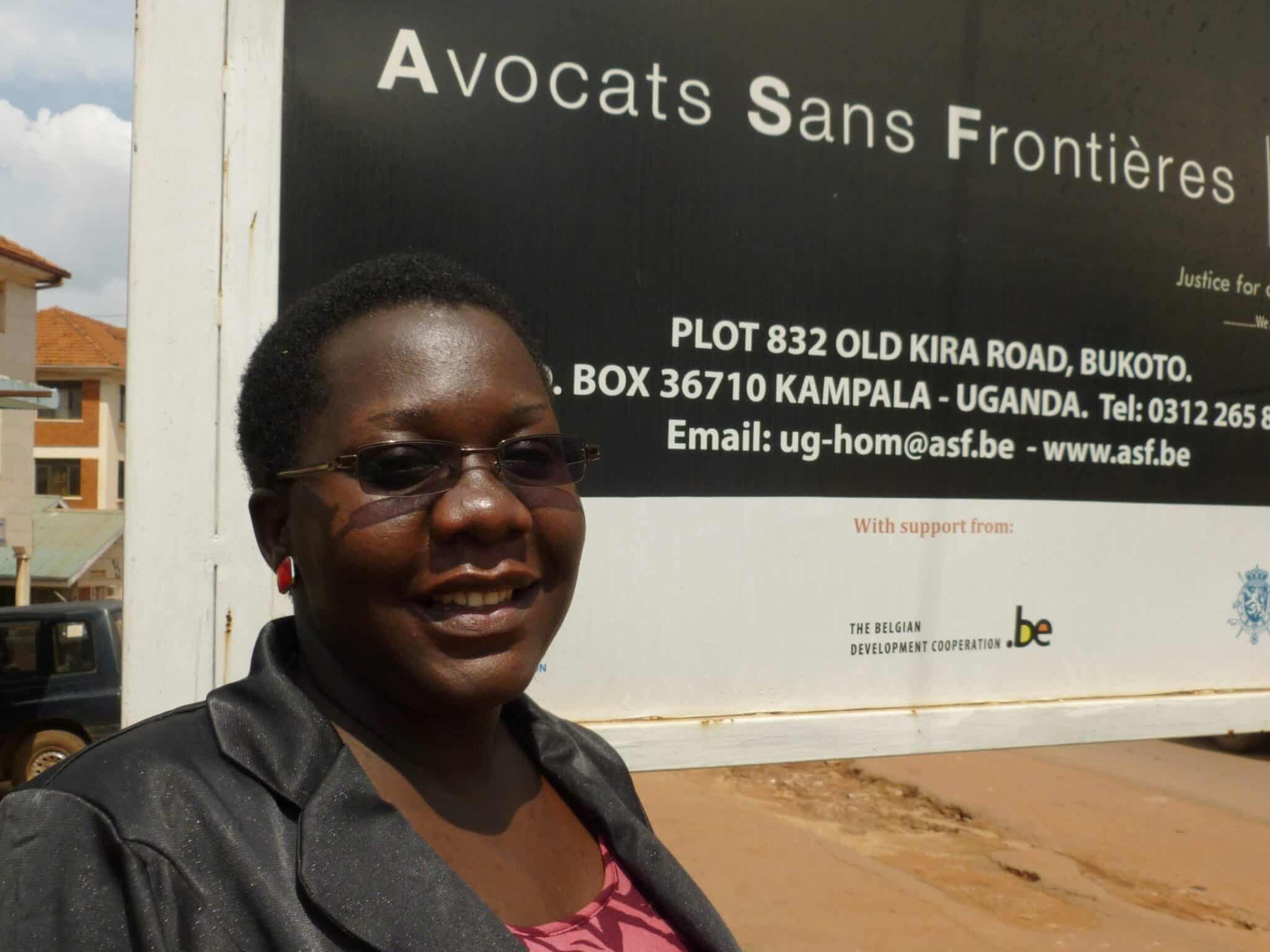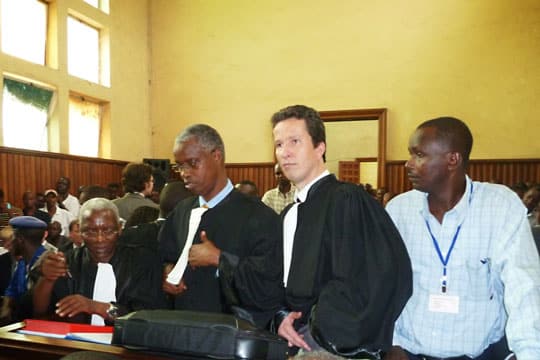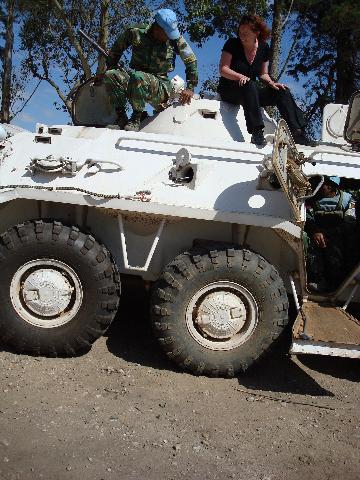Category: Pro bono
-

Tackling gender based violence in Myanmar: a pro bono lawyer’s perspective
Gender based violence is a social and economic problem in Myanmar, for which the national criminal justice system requires new measures to respond effectively. In collaboration with ActionAid International, ASF provides technical expertise and guidance to improve access to justice for persons who are at risk and/or have suffered GBV. Lionel Blackman, member of ASF’s…
-

Myanmar: The “Pro Bonos” in action
Myanmar – The Rule of Law Centres Pilot Project supported by UNDP has come to an end. The project aimed at providing training on local justice issues to legal professionals and civil society and at encouraging them to use rule of law principles into their work. Seven legal experts, members of ASF’s International Legal Network…
-

“Giving legal aid is like giving hope”
Promoting free legal aid is paramount in supporting access to justice for people living in vulnerable situations. Avocats Sans Frontières, in partnership with the Uganda Law Society, is mobilizing lawyers to defend the basic rights of Ugandans. Akello Suzan Apita is one of the 16 lawyers engaged in this endeavor.
-
Looking for pro bono legal experts
The Avocats Sans Frontières International Legal Network provides an opportunity for lawyers to volunteer from time to time in support of vulnerable populations in need of legal and judicial assistance. To date however, despite its 800 members, this network lacks professionals in specialised areas of law such as international criminal justice and the organisation of…
-

To the 500 legal professionals working alongside ASF: thank you!
The International Legal Network (ILN), the international network of lawyers created by ASF in 2010, is pleased to welcome its 500th member. The arrival of this new member demonstrates the solidarity of legal professionals in support of those assisted by ASF.
-

From the Brussels Bar to a tribunal in Haifa
Ms Maryse Alié is a lawyer at the Brussels Bar and a member of ASF’s International Legal Network. In this capacity, she has participated in several missions of judicial observation of the emblematic trial of “Rachel Corrie” in Haifa (Israel), and hosted training sessions in Burundi on the role of lawyers in the prevention of…
